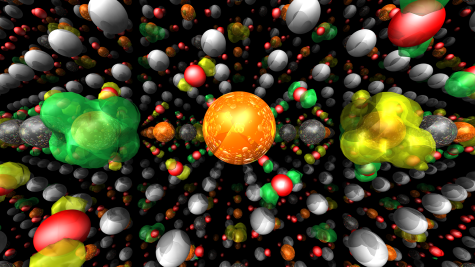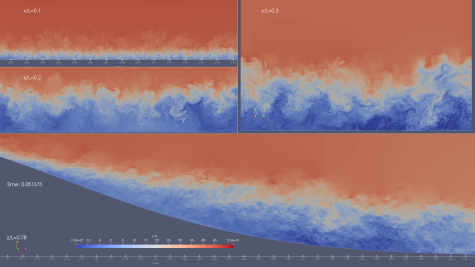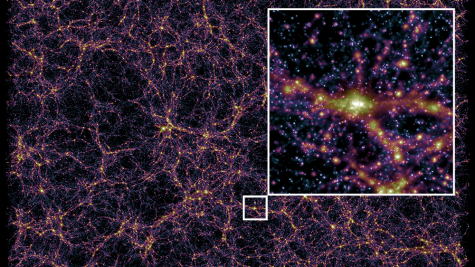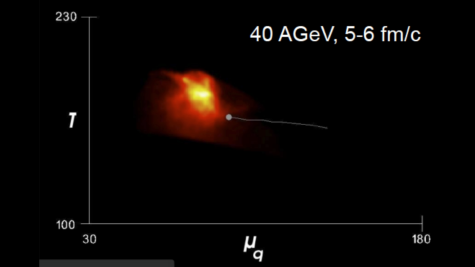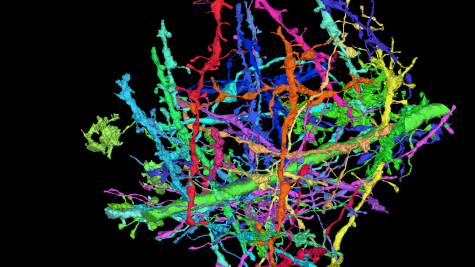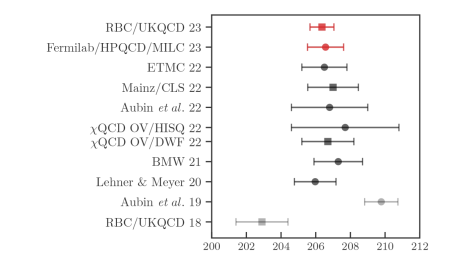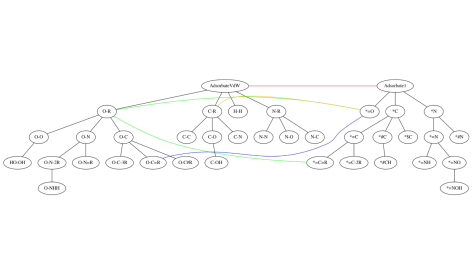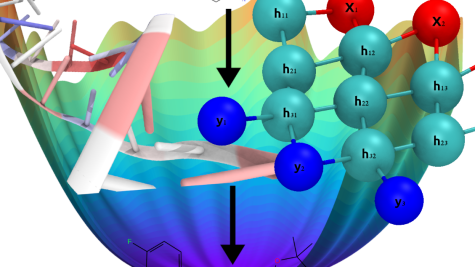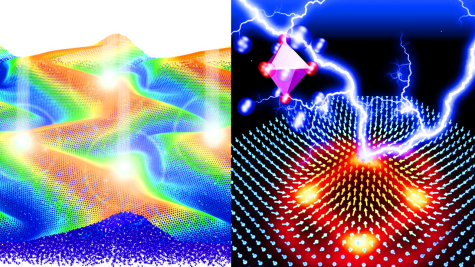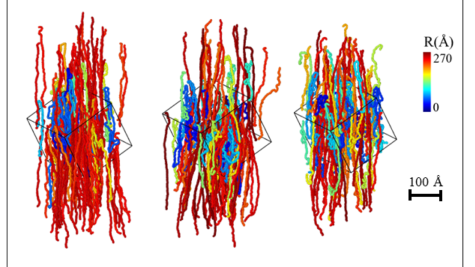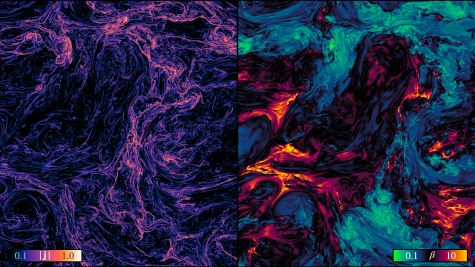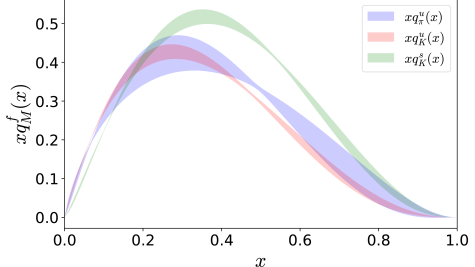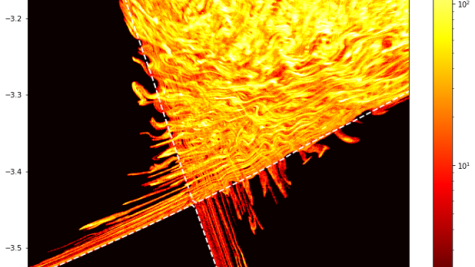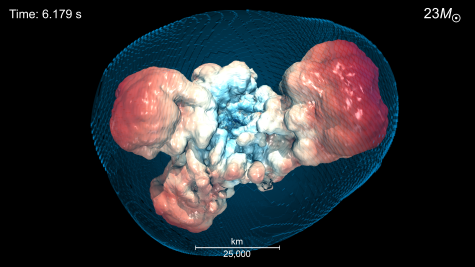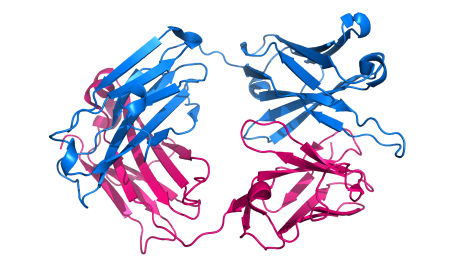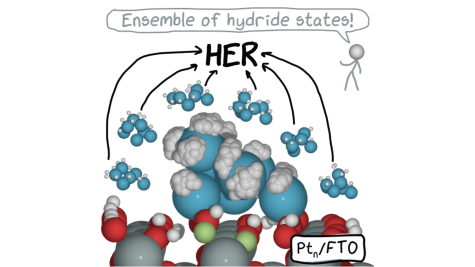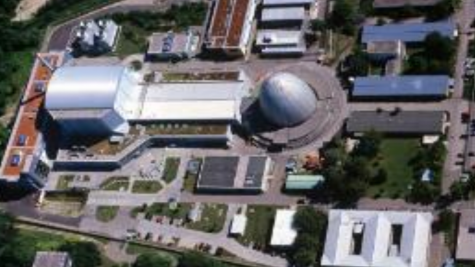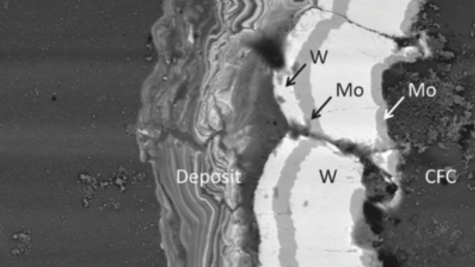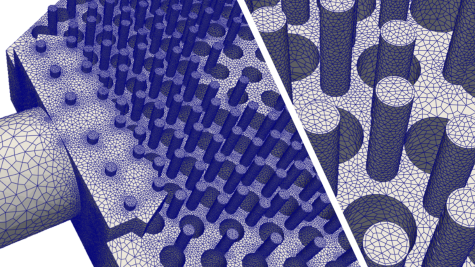ALCF projects cover many scientific disciplines, ranging from biology and physics to materials science and energy technologies. Filter ongoing and past projects by allocation program, scientific domain, and year.
Exascale Simulations of Quantum Materials
This INCITE project helps to meet the challenges of reducing energy, realizing new technologies, and identifying the optimum materials for specific applications.
Online Machine Learning for Large-Scale Turbulent Simulations
This project will advance the current state of the art for online data analytics and machine learning applied to large-scale computational fluid dynamics (CFD) simulations to develop enhanced turbulence models for flows of interest to the aerospace, automotive, and renewable energy industries.
Exascale Cosmology: Lighting up the Dark Universe
This project will usher in a new era of cosmological simulations by fully exploiting the power of DOE’s exascale systems, providing scientific results that will be a critical input for ongoing and upcoming cosmological surveys.
Ab-initio Nuclear Structure and Nuclear Reactions
This project will advance our understanding of nuclear phenomena by targeting predictive capabilities regarding structure and reactions of nuclei, fundamental symmetries, and neutrino and electron interactions in nuclei.
QCD under Extreme Conditions
This work aims to determine the properties of strongly interacting matter under extreme conditions from numerical simulations of the early universe, experimental heavy ion collisions, and compact stars.
ExaCortex: Exascale Reconstruction of Human Cerebral Cortex
This INCITE proposal aims to produce datasets of human brain connectivity at unprecedented scale for analysis within a separately funded neuroscience-driven project, and to publish the data via ALCF’s Globus- based data sharing facilities.
Advances in Quark and Lepton Flavor Physics with Lattice QCD
This project, aiming to address fundamental questions in elementary particle physics, consists of three related themes: (1) the hadronic vacuum polarization contribution to the anomalous magnetic moment of the muon; (2) semileptonic decays of B and D mesons; and (3) CP violation.
Exascale Catalytic Chemistry
This work will facilitate and significantly speed up the quantitative description of crucial gas- phase and coupled heterogeneous catalyst/gas-phase chemical systems. Such tools promise to enable revolutionary advances in predictive catalysis, crucial to addressing DOE grand challenges, including both energy storage and chemical transformations.
COMbining Deep-Learning with Physics-Based AffinIty EstimatiOn 3 (COMPBIO3)
To speed up the procedures involved with drug discovery, this team is using state-of-the-art supercomputers to make personalized predictions about treatment outcomes.
AI-Guided Exascale Simulations of Quantum Materials Manufacturing and Control
This project advances scalable manufacturing of quantum materials and ultrafast control of their emergent properties on demand using AI-guided exascale quantum dynamics simulations in tandem with state-of-the-art x-ray, electron-beam and neutron experiments at DOE facilities.
Flow Fields Controlled Structuring of Ionizable Polymers
Using high performance computations, this project will determine the physics that controls giant molecules (polymers) that consist of several distinct chemical blocks, and the process by which these molecules can be transformed into viable materials for new uses including clean energy and biomedical technologies.
Resolving Cosmic Ray Transport by pushing the Frontier of MHD Turbulence
By running massive simulations of magnetized turbulent astrophysical plasma t, this project will determine the long-debated source of cosmic ray scattering, which limits understanding of galaxy formation and black hole growth. The simulations will provide the ideal environment for cosmic ray propagation and unveil the underlying nature of turbulence.
Novel Calculation of Nucleon Generalized Form Factors in Lattice QCD at the Physical Point
This project aims to research Mellin moments of the proton generalized parton distributions. Numerical simulations will be performed with quark masses as encountered in nature.
Exascale Gyrokinetic Study of ITER Challenge on Power-Exhaust and ELM-Free Edge
A snapshot figure of turbulence driven, space-time fluctuating homoclinic tangle near the magnetic X-point of ITER edge, found for the first time from XGC's INCITE simulation. This space-time fluctuating homoclinic tangle could be the hidden mechanism to connect the plasmas between the burning core and the divertor plasmas, which the fusion researchers have been searching for. Simulation by S. Ku (PPPL). Visualization by D. Pugmire and J. Choi (ORNL)."
State-of-the-Art High-Resolution 3D Simulations of Core-Collapse Supernovae
The overarching goal of this INCITE project is to create, analyze, publish, and curate a large suite of state-of-the-art long-term 3D core-collapse supernova explosion simulations that will constitute the standard 3D model of core-collapse supernova explosions for years to come.
OpenFold-Powered Machine Learning of Protein-Protein Interactions and Complexes
This project will use artificial intelligence to build tools that predict interactions between any two proteins and will make these tools widely available to the biology community.
Heterogeneous Catalysis as a Collective Phenomenon Within a Dynamic Ensemble of Sites
This project will develop fundamental theory of heterogeneous thermal and electrocatalysis, and a realistic statistical and dynamical description of the catalytic interface in reaction conditions. This will enable the understanding of catalytic mechanisms, and the design of new efficient catalysts.
Large Eddy Simulation on Flow and Heat Transfer Behavior in Involute Plate Research Reactor Supporting the Needs of the Materials Management and Minimization (M3) Reactor Conversion Program
This project focuses on using LES to reproduce the flow behavior and collect the turbulent statistics in an involute coolant channel for high Reynolds number and using Large Eddy Simulation to provide a benchmark for the highly simplified involute coolant channel.
Quantum Accurate Large-Scale Atomistic Simulations of Advanced Fusion Reactor Materials
These simulations carried out by this team will help design new materials that can withstand the harsh environments created by fusion reactors.
Accelerating Deployment of Next-Generation Nuclear Power Using High-Fidelity CFD
This team will everage data generated with high-fidelity CFD simulations to inform fast-running model development for design tools, aiding in the deployment of carbon-free energy on a commercial scale.
